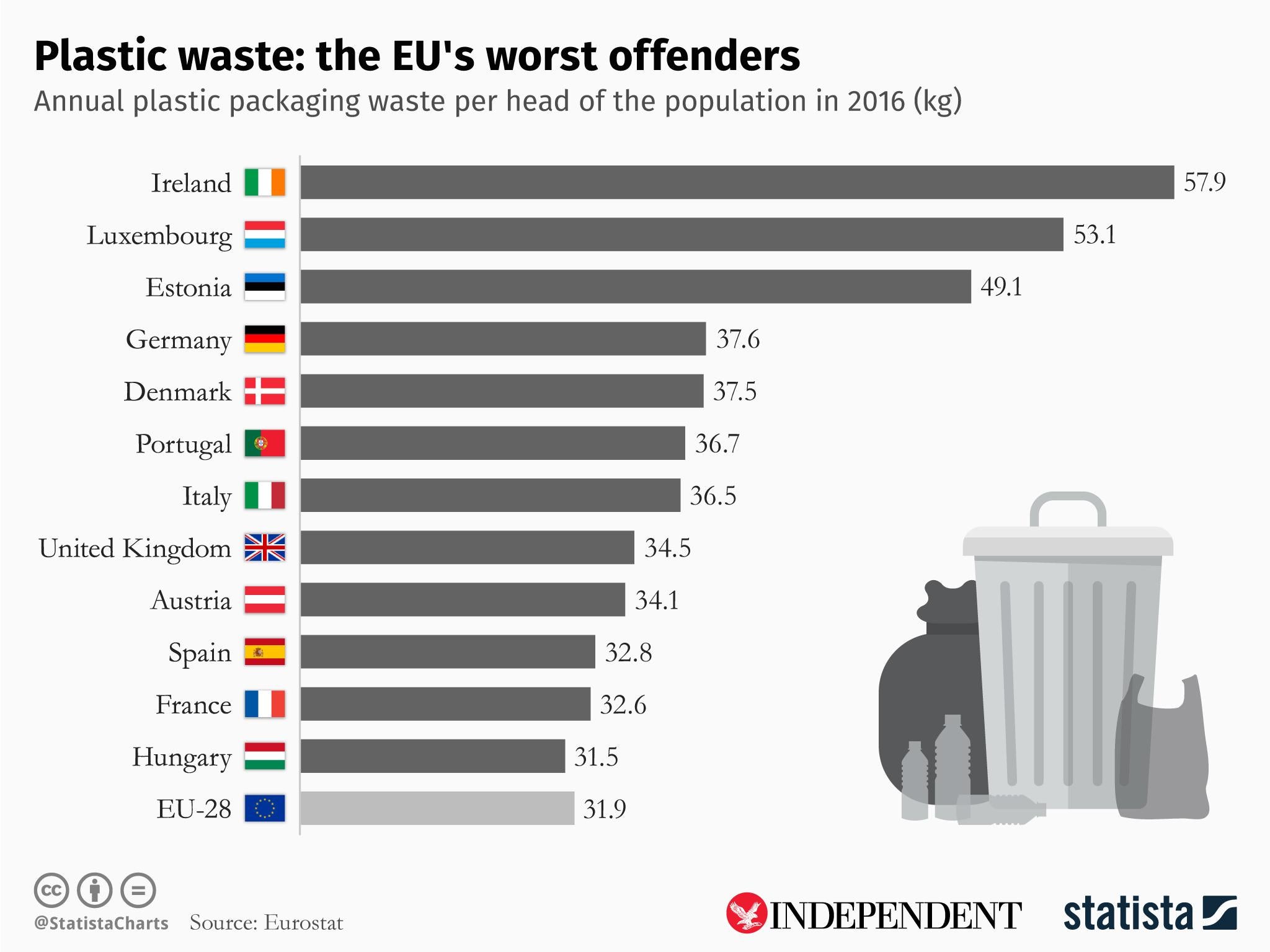The ‘holy grail’ of plastic? Scientists create material that can be recycled over and over again
Like Lego, it can be broken down in an acid bath and reassembled into different shapes, colours and textures

The “holy grail” of plastic – a material that can be repeatedly recycled without any loss of quality – has been created by scientists.
Placed in an acid bath, it can be fully broken down into its component parts.
Like lego, these monomers can then be reassembled into different shapes, colours and textures, according to the scientists at California’s Lawrence Berkeley National Laboratory who created it.
Currently, less than a third of recyclable plastic is re-purposed to create new materials, leaving the majority of it to end up in landfill or the ocean.
“Most plastics were never made to be recycled,” said Peter Christensen, a postdoctoral researcher at Berkeley Lab’s Molecular Foundry and lead author of the study published in the journal Nature Chemistry. “But we have discovered a new way to assemble plastics that takes recycling into consideration from a molecular perspective.”

The new material called poly (diketoenamine) or PDK can, unlike normal plastics, have its monomers separated by dunking the material in a highly acidic solution.
The acid breaks the bonds between monomers and separates them from additives that give the plastic its distinctive look and feel.
These monomers can be recovered for reuse for as long as possible, or “upcycled” to make another product.
“We’re interested in the chemistry that redirects plastic lifecycles from linear to circular. We see an opportunity to make a difference for where there are no recycling options,” said Brett Helms, a staff scientist in Berkeley Lab’s Molecular Foundry.
Dr Helms added: “With PDKs, the immutable bonds of conventional plastics are replaced with reversible bonds that allow the plastic to be recycled more effectively.”
The research team believe their recyclable plastic could be an alternative to non-recyclable plastics in use today.
Their next plan is to develop PDK plastics with a range of properties used for different purposes, including textiles, 3D printing and foams.
“This is an exciting time to start thinking about how to design both materials and recycling facilities to enable circular plastics,” said Dr Helms.
Join our commenting forum
Join thought-provoking conversations, follow other Independent readers and see their replies
0Comments